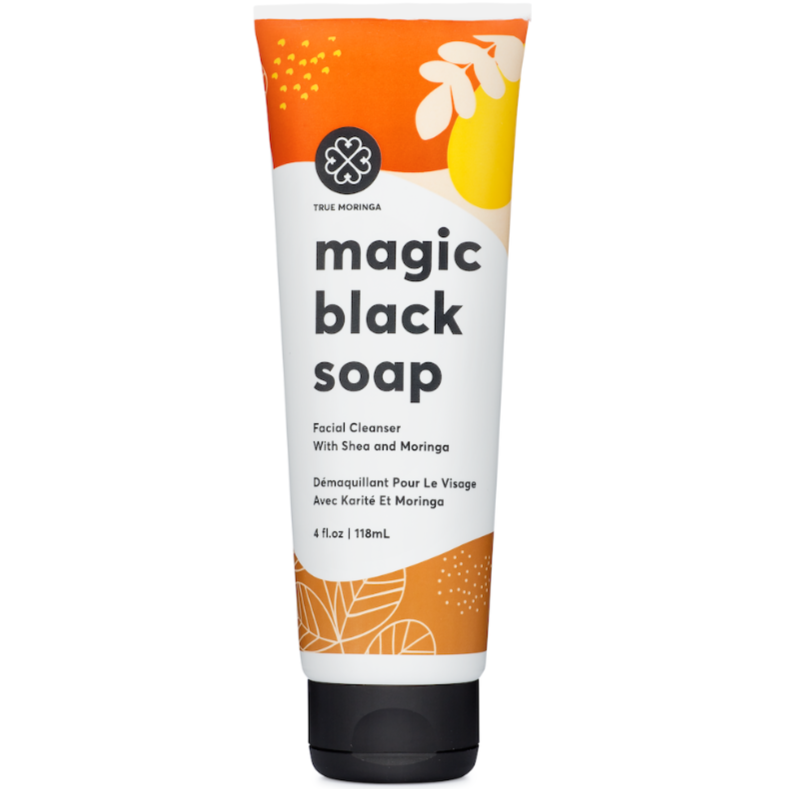



Responsible Storytelling
I started my first blog when I entered the Peace Corps in 2013, thinking it would be the perfect way to keep my friends and family up to date on what I was doing, and what I was seeing. My first few weeks were a sensory overload. Everything was new and different, and I was overwhelmed. Not knowing how to convey that in a blog post, I used humor, equally making fun of my own ignorance and the weirdness of what I was experiencing, to give my readers a sense of how foreign my situation felt.
It worked for a little while, but eventually there were real, serious issues I wanted to talk about, and humor was no longer the appropriate medium. I started to wonder if it had ever been.
So much of what you see and read about developing countries oversimplifies facts to the point that readers and viewers forget that these are stories about real people whose lives may be completely different from ours, but are impacted by the same global and historical forces. I probably only had about twenty readers on my blog, and I eventually found my voice, but the deeper problem lies in major, well-funded advertising campaigns that intentionally exploit others’ circumstances for a purpose—even if it’s a legitimate purpose.
The images of children with swollen bellies and stories about tribal conflicts are what have led to the narrative of Africa as a war-torn, desperate region. Those of us that have been lucky enough to visit the continent (or other regions with similar reputations) know that to be false, and yet in many cases we’re still the ones propagating the myth.
After struggling with this issue internally for two years, I ended up moving to Dakar and essentially becoming the Peace Corps’ resident storyteller, in charge of blogging, social media, and creating promotional videos. The main purpose of my job was to attract volunteers to apply to Senegal, which helped me keep a positive focus from the get go. But traveling around to take photos and videos of interesting projects going on in Senegal showed me how easy it is to discuss difficult issues in a positive way.
The videos I made and stories I wrote were able to examine real problems like malnutrition and environmental degradation, but in a supportive, optimistic voice looking towards solutions.
The way to increase awareness about an issue is to be an advocate, not to exploit or capitalize on someone else’s misfortune. By giving equal weight to different perspectives on a subject, we can be fair to our subjects while promoting greater understanding across cultures.






